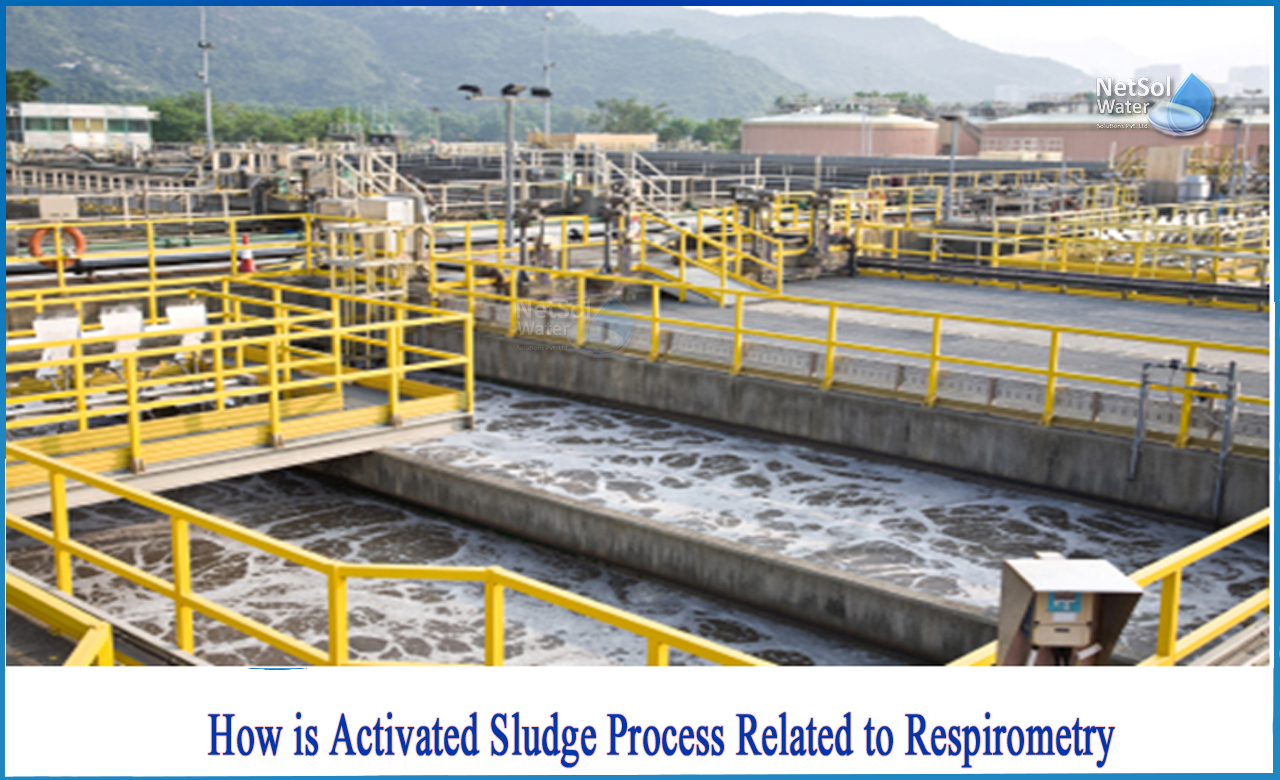How does Respirometry help in activated sludge process?
Activated sludge process has only one primary disadvantage that it is slow dynamic process, which makes it difficult to make decisions when issues develop. Whatever steps one decide to take, the results on the procedure will take a few days to become apparent. This makes it critical, on the one hand, to identify problems as soon as possible and, on the other hand, to make the best decisions possible straight once. However, physical or chemical data are insufficient to assess the biological process; direct information on the biomass and the impact of the waste water to be treated is required.
What is respirometry?
Since it offers information about the state or activity of the biomass, respirometry allows us to analyse, monitor, and safeguard the activated sludge process. Respirometry is the measurement of the rate at which bacteria consume oxygen when an organic or ammoniacal nitrogen substrate decomposes, or when the bacteria decomposes itself.
How does respirometry work?
The amount of oxygen absorbed by bacteria per unit of time is known as the respiration rate. The specific respiration rate, which is the respiration rate divided by the total amount of biomass in the sample, is commonly utilised because this parameter is dependent on the number of microorganisms present in the sample. It is measured in mg O2/ (GH), and its value is solely determined by the biomass's condition as well as the quantity and biodegradability of the substrate available.
When the value of the sample's particular respiration rate is compared to the reference values, it may be determined whether the biological process is overloaded, producing a high yield, or whether there is evidence of toxicity indicators. A progressive increase in the specific respiration rate for the same waste water shows an increase in biological activity, and vice versa.
In addition to determining the health and current capacity of the activated sludge process, as well as the poisonous nature of the waste water for microorganisms, respirometry allows us to:
· Improve aeration, resulting in energy savings at the plant. The real oxygen demands for a waste water and a specific biomass can be properly assessed using respirometry.
· Determine the biodegradability of the water to be treated as a result of the activated sludge. One can determine whether the water to be treated has a COD fractionation that is fast biodegradable, progressively biodegradable, or not biodegradable. This categorization is quite helpful in assessing and changing the process.
· Identify industrial effluents that are inhibitory or harmful to biomass. Respirometry allows to detect the negative effects of waste water on microorganisms as soon as they begin to damage them, allowing everyone to take action to mitigate the consequences.
· Improve the nitrification/denitrification process. It allows us to calculate the true nitrification and denitrification rates of procedure. One can change the age of the sludge based on these parameters.
· Examine the nutrient ratio in the waste water. The absence of necessary nutrients in the waste water in the proportions required by microorganisms has a number of negative consequences for the activated sludge process's stability. One can assess whether the nutrient ratio in the water is lowering biological activity and generating difficulties utilising respirometry.
· Determine the kinetic parameters that will be used to model the process. One can utilise respirometry to figure out things like the heterotrophic biomass yield coefficient, the rate of COD usage, the rate of nitrification, and so on.
Conclusion
Respirometry is a simple and effective approach for obtaining direct biomass information. It allows for the early detection of the majority of issues that may arise during the process, ensuring that the proper steps are done to address the issue from the outset. Similarly, it is a necessary tool for optimising the process and determining critical parameters for modelling it.
Since, Netsol Water recognises the value of respirometry technique, we can provide it to our customers as a tool for more accurate measurements.
Netsol Water is Greater Noida-based leading water & wastewater treatment plant manufacturer. We are industry's most demanding company based on client review and work quality. We are known as best commercial RO plant manufacturers, industrial RO plant manufacturer, sewage treatment plant manufacturer, Water Softener Plant Manufacturers and effluent treatment plant manufacturers. Apart from this 24x7 customer support is our USP. Call on +91-9650608473, or write us at enquiry@netsolwater.com for any support, inquiry or product-purchase related query.



